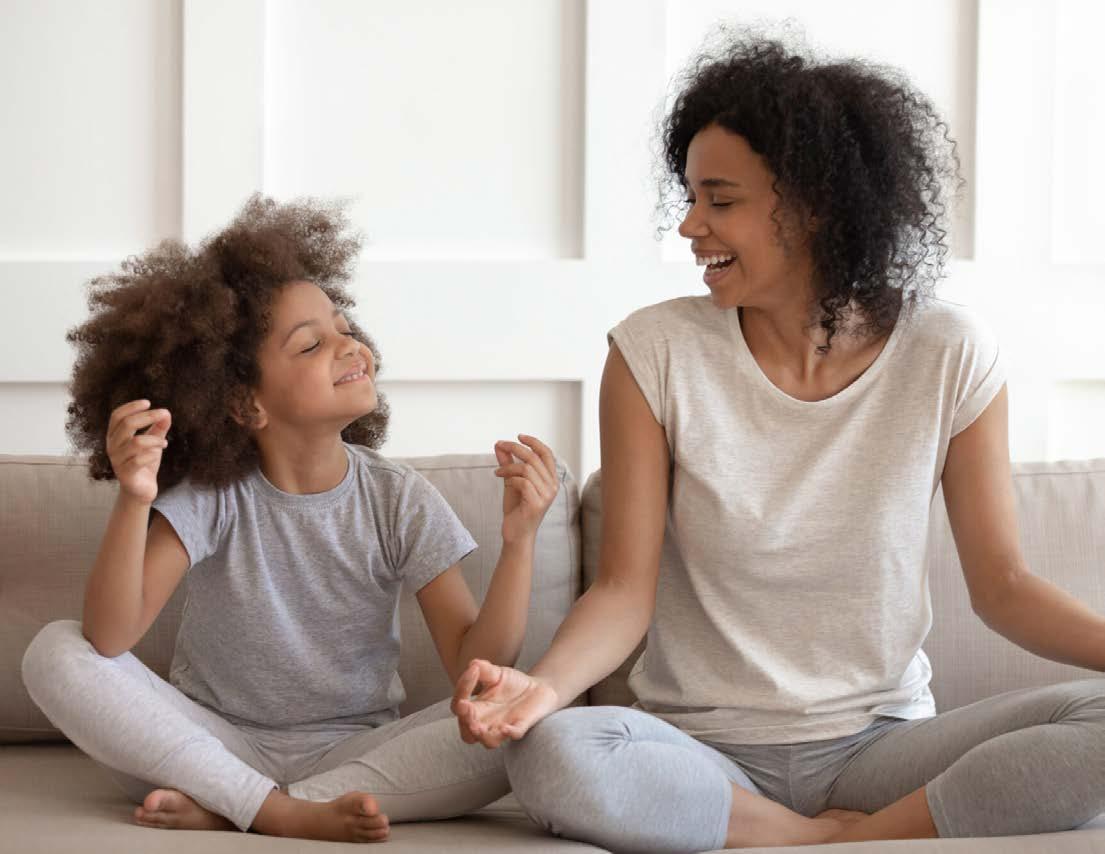
1 minute read
Sleep Exercise
Getting the right amount of sleep for your body supports a healthy brain. Our brains use sleep and dreaming to organize information, solidify learning, and increase productivity. The average adult should get approximately 8 hours of sleep.
DO’S Maintaining a consistent sleep schedule is key to quality sleep.
DON’T’S More isn’t always better. If you’re sleeping more or less than you think you should be, consult with a doctor to determine what might be affecting your sleep.

Our bodies are meant to be active! Daily safe exercise can help improve cardiovascular health, hormone stability, and sleep.

DO’S Start light! If you haven’t exercised regularly for some time, start small. Physical health is a marathon, not a sprint.
DON’T’S Exercise isn’t meant to make up for a poor diet or years of unhealthy choices. Don’t use exercise to punish yourself, and instead use it to make your body stronger and feel better!
Diet
A diet is what you eat. Everyone has a diet and it is what you make it. Everyone’s body is different and it is most important that you eat well-rounded meals to support healthy brain function. Consult with a doctor to determine a healthy eating plan that is effective AND sustainable.

DO’S Eat foods that nourish your body and give it the energy it needs to live a happy life! What works for one lifestyle might not work for yours.
DON’T’S You can’t always trust diet advice from the internet. Be sure to do thorough research to ensure a change in diet won’t do more harm than good.
Meditation
Meditation is a great way to manage stress and improve emotional well-being! Different kinds of meditation can improve focus, reduce anxiety, and even balance blood pressure.
DO’S Experiment and be intentional with meditation. Your body is an incredible machine, but it needs rest.
DON’T’S It’s all too easy to get distracted. Don’t let your phone take away your focus! Short, more frequent sessions could be of greater benefit.
Acts of Kindness
What better way to feel better than by helping others? Doing small acts of kindness for others can improve selfesteem and release oxytocin, the feel-good hormone.

DO’S You don’t have to make any big grand gestures to do something nice for someone else. Sometimes small, unexpected gestures make a bigger impact on everyone.
DON’TS Don’t try to do too much. Mental health is about balance and you can’t pour from an empty cup.









